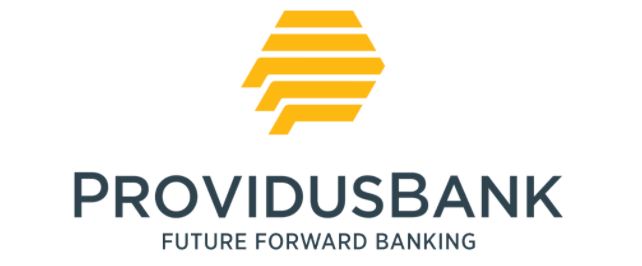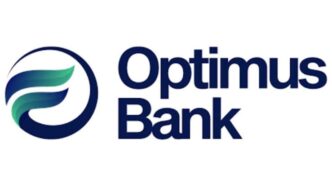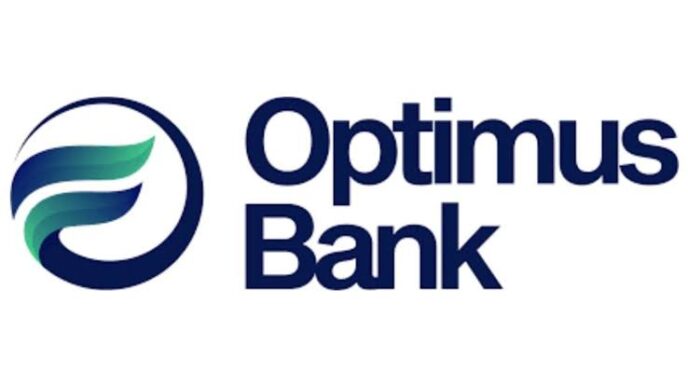The Securities and Exchange Commission (SEC) has fined Stanbic IBTC Capital Limited ₦50.145 million for regulatory breaches linked to Guaranty Trust Holding Company Plc’s (GTCO) public share offer.
Gatekeepers News reports that the sanction was disclosed in Stanbic IBTC’s half-year 2025 financial results, where the company confirmed it was penalised in its role as Lead Issuing House for the transaction.
The fine has sparked some confusion, after an earlier online media report misstated the figure as ₦50.1 billion. However, the published financial statement clarified that the penalty amounts to ₦50.1 million.
What Went Wrong
According to the SEC, Stanbic IBTC Capital failed to obtain its mandatory “No Objection” approval before deploying digital channels — including internet banking and mobile apps — to receive applications during the GTCO public offer.
Under Nigeria’s regulatory framework:
• Issuing houses and market operators must secure explicit SEC approval before using electronic platforms in public offers.
• These approvals ensure that subscription processes, disclosures, and data handling meet investor protection standards.
• By proceeding without approval, Stanbic IBTC violated SEC rules, triggering the fine.
The Bigger Picture: Digital Public Offers
The use of digital platforms in public and rights issues has been expanding in Nigeria. SEC has introduced draft guidelines on electronic offerings (e-Os), covering internet, USSD, and mobile applications for prospectus display, subscription, payments, and allotments.
The Nigerian Exchange Group (NGX) has also launched NGX Invest, a platform approved by SEC to manage offers digitally, making participation easier for retail investors.
To further streamline the process, SEC has cut public offer approval timelines to 14 days once documentation is complete. But the regulator maintains that while it encourages digital innovation, compliance remains non-negotiable.
The Commission insists that formal approval is essential “to protect investors, ensure transparency, and prevent misuse or misleading disclosures.”








